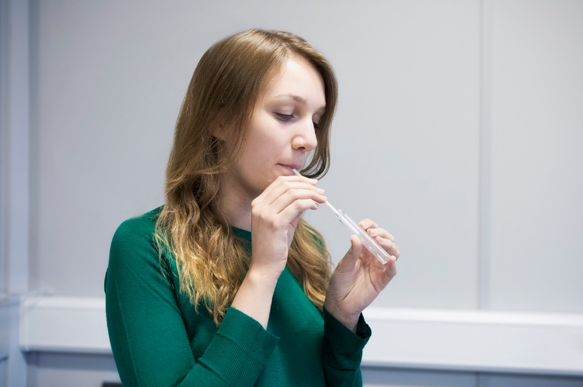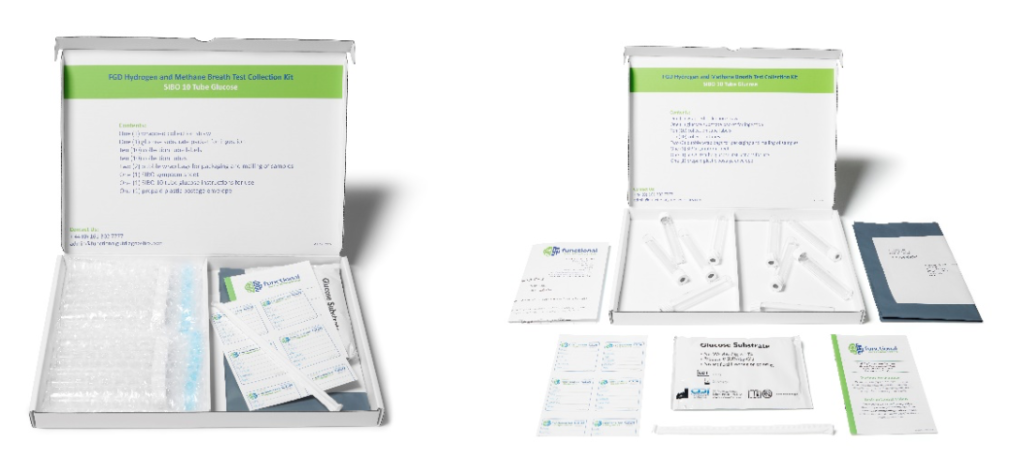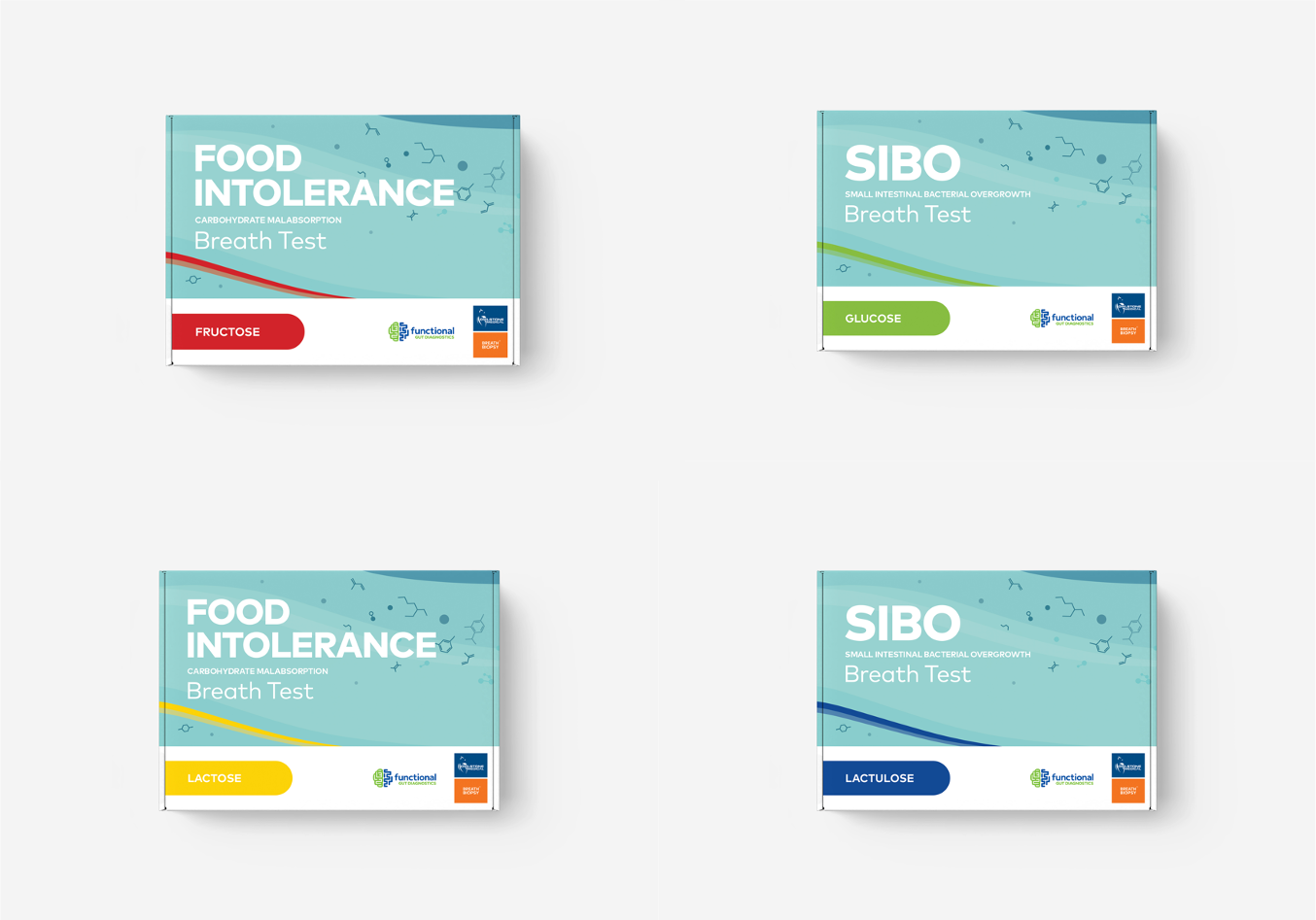Safe for patients. Safe for your staff.
Delays for a range of medical tests have hit hospitals across the country, with longer waiting lists an inevitable result of the COVID-19 pandemic.
These waiting lists are likely to carry on growing exponentially in the coming months as urgent procedures are prioritised in favour of those that are non-urgent, such as hydrogen and methane breath testing.
Fortunately, tests that can be performed at home with support from ‘virtual clinic appointments’ will provide some relief to those patients who would otherwise have to wait indefinitely before it is safe to come back into a clinical setting. Even the UK government has started to roll out home sampling kits to test for COVID-19. A sample is collected by the patient at home and is then placed into the special packaging provided and sent to the designated lab for analysis.
We offer the ability to carry out hydrogen and methane breath testing at home with this same principle that has been green-lighted by the UK government. The government also advise that home testing kits should have a CE mark, and our kit does.

Recent guidance published by the Association of Gastrointestinal Physiologists states that breath tests should be carried out using postal testing kits where possible, which allows the patient to carry out the test at home rather than coming into the hospital environment. This is the safest approach for patients and practitioners, since breath tests are seen as potentially aerosol generating procedures (AGP), which convey a higher risk of viral transmission.
In addition, AGPs require level 2 personal protective equipment (PPE) – something that is in high demand and is being strictly prioritised by NHS senior management in terms of clinical need. Therefore, by using home breath testing kits, services will be able to reserve their limited PPE stock for urgent procedures and save on costs.
The home testing kit for hydrogen and methane can be used to diagnose small intestinal bacterial overgrowth (SIBO), intestinal methanogen overgrowth and carbohydrate malabsorption, such as lactose and fructose intolerance. Remember, these digestive disorders are common in patients with IBS-like symptoms, which are significantly impacted by stress. Thus, having to endure a lengthy wait for testing may worsen the patient’s digestive issues and emotional health.
Referrals for hydrogen and methane breath tests are sent and triaged electronically. The kits are then directly sent to the patient’s home address. All breath testing kits have been manufactured and handled internally by persons wearing PPE in a routinely decontaminated environment.
The breath test kit includes:
- Easy to follow instructions
- Patient symptom sheet
- Pre-sealed substrate
- Pre-sealed collection straw
- Sealable collection tubes
- Collection tube labels
- Sealable returns packaging

Images of a home breath testing kit (glucose SIBO hydrogen and methane breath test)
The kit is A4-sized so can fit through most letterboxes. It also comes with a pre-paid, sealable returns packaging. This means the patient is only required to leave the house once to post the kit back for analysis, which rules out an unnecessary trip to the hospital or post-office in order to pick up the kit.
Older breath-taking techniques use collection bags that require clamping down to trap the end-tidal fraction of breath, which can be tricky for patients to provide accurately without clinical guidance. However, our novel breath samples are collected by simply blowing through the collection straw into a labelled collection tube for 3 to 5 seconds. Notably, the collection tubes are completely sealed so no aerosol particles can escape. An easy to follow instructional video is available on the website. You can view it here. Patients can also arrange a ‘virtual’ consultation with our team if they require further support.
Once the kit arrives back at our laboratory, it is processed and reported within 48 hours. The analysis of breath samples is fully automated by a state-of-the-art gas chromatograph with accurate temperature controls, precise injection systems and high performance electronic pneumatic control, whereas desktop or handheld analysers require the practitioner to manually open the sample collection bags and attach them to the analyser, thereby exposing the patient’s aerosol particles to both themselves and the surroundings. The use of postal kits has helped thousands of patients to date and the CQC highlighted the development of these kits as an outstanding development in terms of patient choice.
Home testing for coronavirus has be given the greenlight by the UK government, and GI physiology departments can follow suit by utilising our hydrogen and methane breath tests to prevent inundated waiting lists and put patient’s at ease during a stressful time. The home breath testing kits provide a practical solution to an unprecedented problem.

